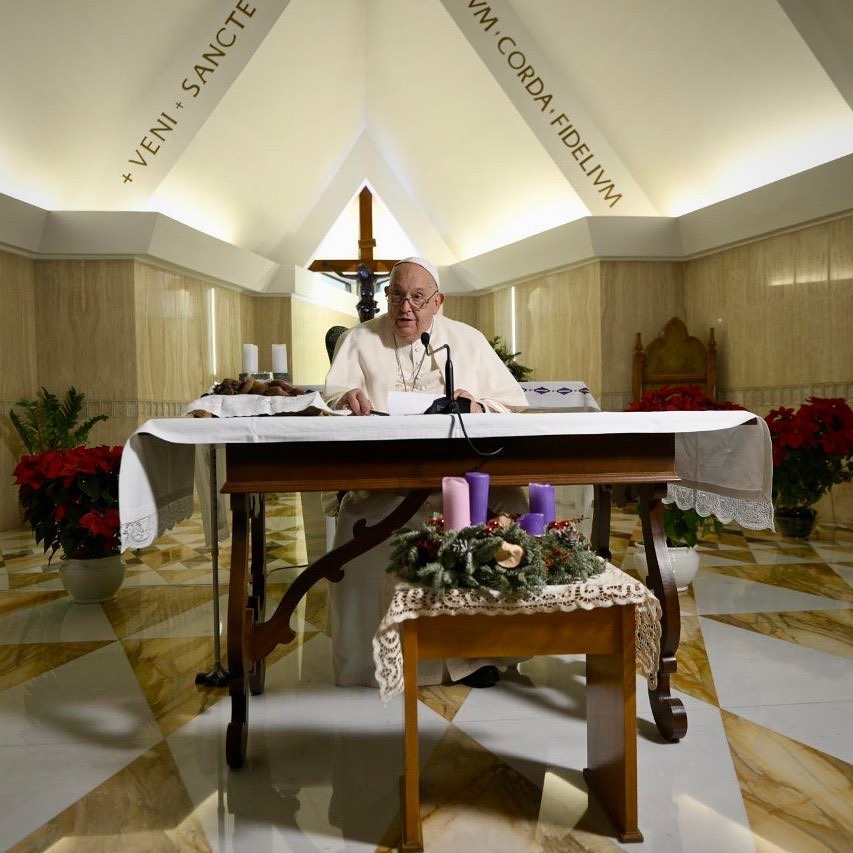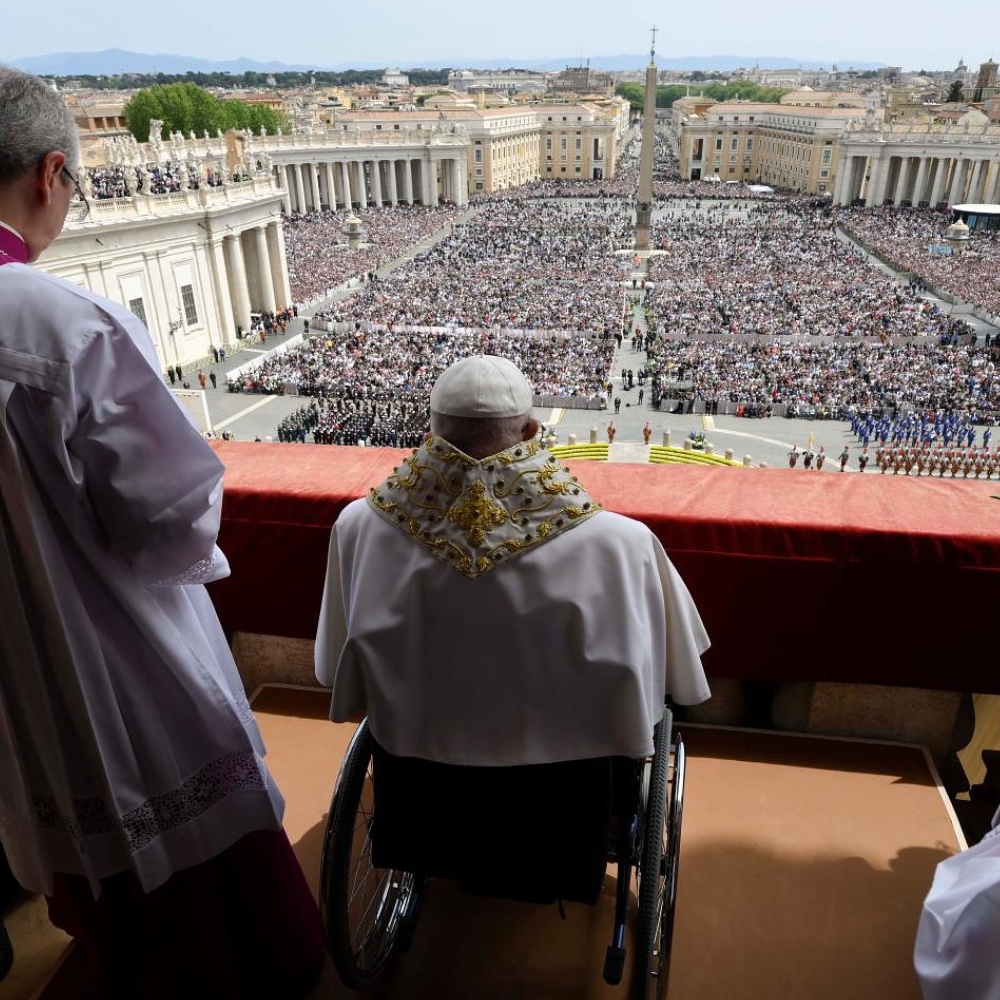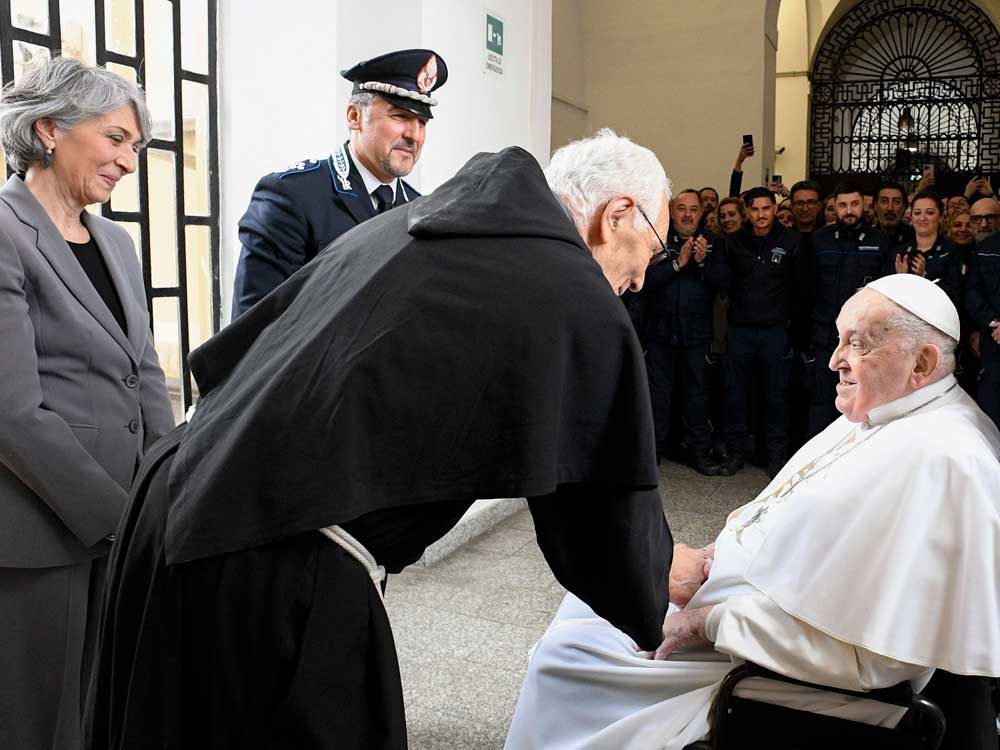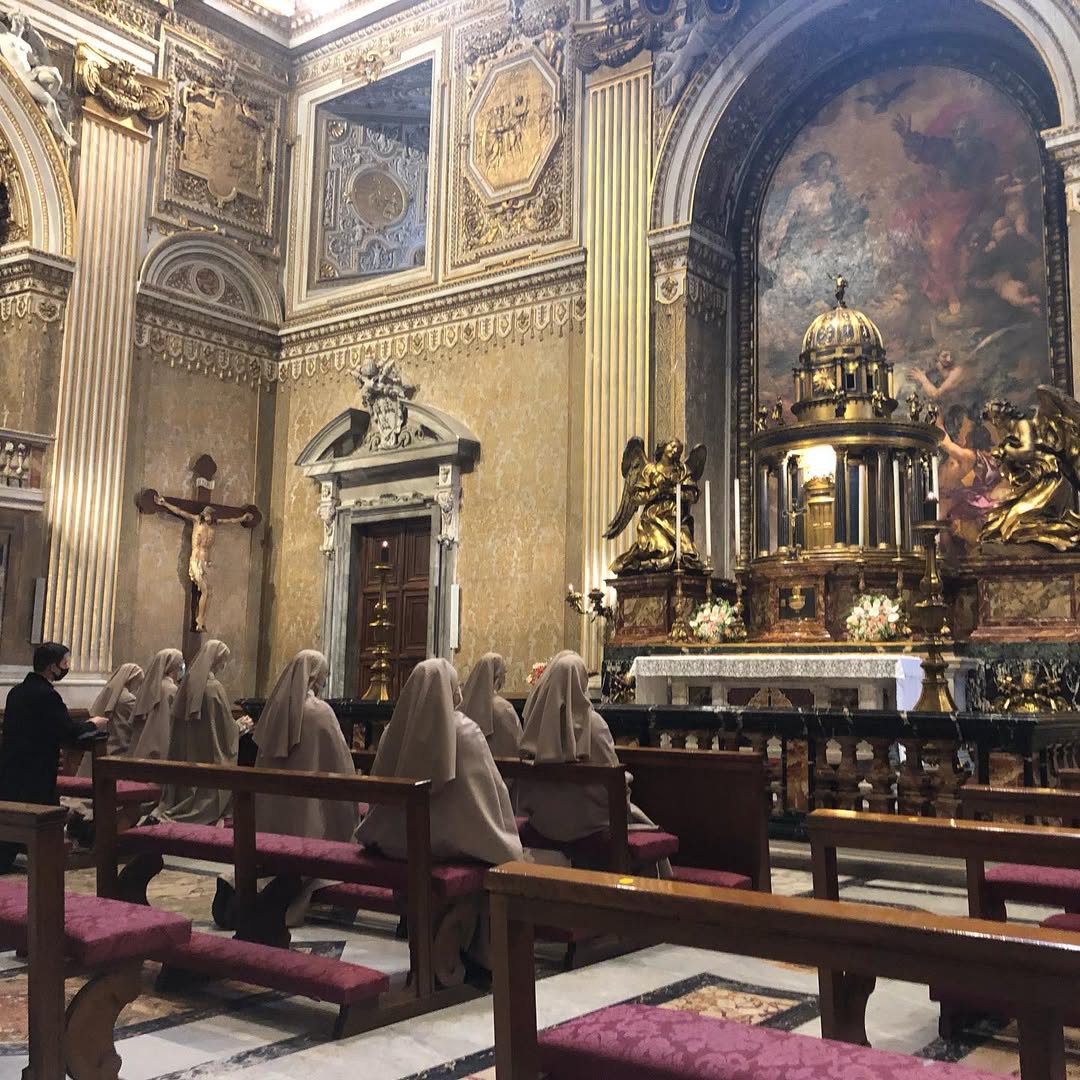Pope Francis, the revered leader of the Roman Catholic Church and a spiritual figure cherished by millions worldwide, passed away today (April 21) at the age of 88 after a prolonged battle with double pneumonia. His death marks the close of a profoundly transformative chapter in the Church’s history—one shaped by his unwavering commitment to compassion, inclusivity, and social justice.
“At 7:35 this morning, the Bishop of Rome, Francis, returned to the home of the Father. His entire life was dedicated to the service of the Lord and of his Church,” read a statement from Cardinal Kevin Farrell, published by Vatican News. According to the report, the pontiff died peacefully at his residence in the Vatican’s Casa Santa Marta, following 38 days of intensive treatment at Agostino Gemelli Polyclinic Hospital. He is expected to be laid to rest at the Basilica of St. Mary Major in Rome—a final resting place befitting a pope whose legacy will echo through generations.
A Life of Firsts and Humble Service

Pope Francis was born Jorge Mario Bergoglio on December 17, 1936, in Buenos Aires, Argentina, to Italian immigrants Mario José Bergoglio, a railway worker, and Regina María Sívori, a homemaker. He was the eldest of five siblings and grew up in a modest, deeply Catholic household. He entered the Society of Jesus in 1958 at the age of 21, beginning a lifelong commitment to service in the Catholic Church.
Elected in March 2013 as the 266th pope, Francis broke with centuries of tradition, becoming the first Jesuit, the first Latin American, and the first non-European pontiff in over 1,200 years. From the outset, he signaled a new era—one defined by humility and proximity to the people. Rejecting the grandeur of the Apostolic Palace, he chose instead to reside in the modest Casa Santa Marta. His declaration, “My people are poor and I am one of them,” became a defining expression of his papacy and a testament to his solidarity with the marginalized.
A Life of Compassion and Impact


Throughout his tenure, Pope Francis became globally renowned for his bold yet deeply compassionate vision. He championed the cause of the poor, embraced interfaith dialogue, and called on the Church to open its arms wider—to be more inclusive, forgiving, and attuned to the lived realities of its followers. His landmark encyclical Laudato Si’ urged the world to confront the climate crisis, framing care for the planet as a moral imperative. Whether addressing global inequality or ecological devastation, his leadership was grounded in one core mission: to heal. To heal people, communities, and the Earth itself.
In his final years, Pope Francis faced escalating health challenges, including repeated hospitalizations for respiratory complications. Nevertheless, he carried on with remarkable resilience, continuing to share messages of hope and compassion—even as his physical strength visibly declined.
Just last Thursday, he visited prisoners at Rome’s Regina Coeli prison, reaffirming his lifelong commitment to the marginalized. A week prior, he made a quiet but poignant visit to St. Peter’s Basilica, drawing reverent attention. And on Easter Sunday (April 20), he made what would become his final public appearance, offering a brief yet heartfelt address to the faithful gathered in St. Peter’s Square. Ultimately, his perseverance in the face of suffering stood as a powerful testament to his steadfast devotion to both the Church and the wider global community.
An Outpouring of Grief and Gratitude


News of his passing has prompted a global outpouring of grief and admiration. From heads of state and religious leaders to everyday individuals, tributes have poured in honoring Pope Francis’s extraordinary legacy. Many have shared personal stories and reflections, recalling his warmth, humility, and the transformative power of his presence. On social media, timelines across continents have filled with messages celebrating a spiritual leader whose moral clarity and compassion transcended borders.
Indeed, Pope Francis’s words will continue to echo: a call for mercy over judgment, dialogue over division, and action over apathy. He championed environmental stewardship, human dignity, and unconditional compassion—especially for the forgotten, the poor, and the marginalized. In uncertain times, his teachings brought solace. In moments of injustice, they inspired courage. His voice may now be silent, but his message endures.
The Path Ahead for the Church


As the Catholic Church prepares for the next conclave, it finds itself at a pivotal crossroads. The cardinals tasked with choosing a successor must now reckon with a rapidly evolving world—one marked by deep inequalities, spiritual searching, and global crises. Yet, they will also be guided by the vision Pope Francis leaves behind: a Church shaped by humility, justice, and radical compassion. His legacy is both a foundation and a call to action, challenging the next pontiff to carry forward a mission centered not on power, but on people.
A Lasting Legacy


Pope Francis leaves behind more than memories—he leaves a movement. His papacy redefined the role of spiritual leadership, transforming it into a beacon of empathy, inclusivity, and courageous action. Though he is no longer with us, the values he so passionately championed will echo through generations, continuing to inspire a Church—and a world—in search of compassion and purpose.
Featured image: Getty Images
For the latest in fashion, lifestyle, and culture, follow us on Instagram @StyleRave_
—Read also
